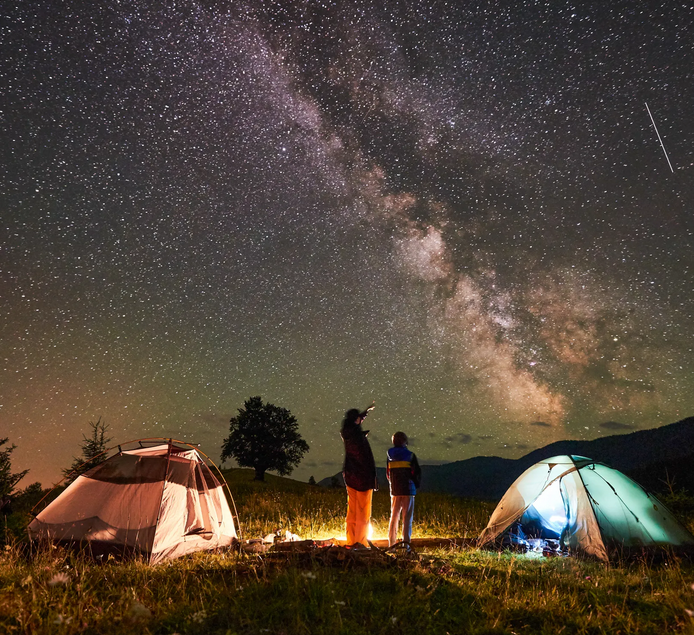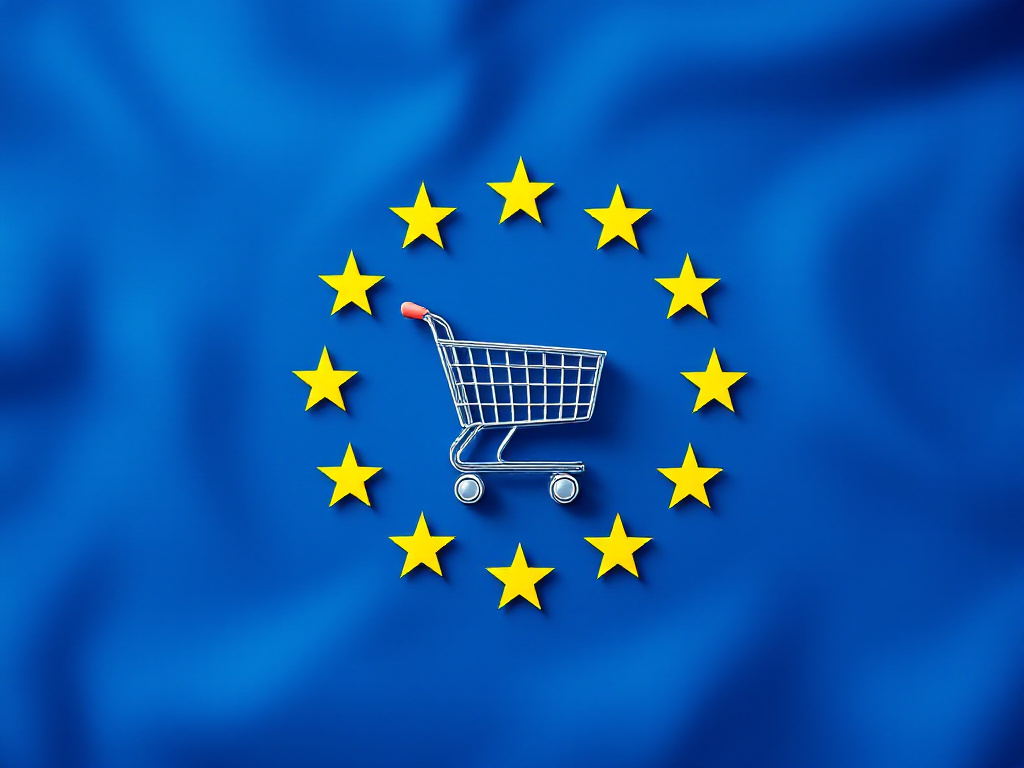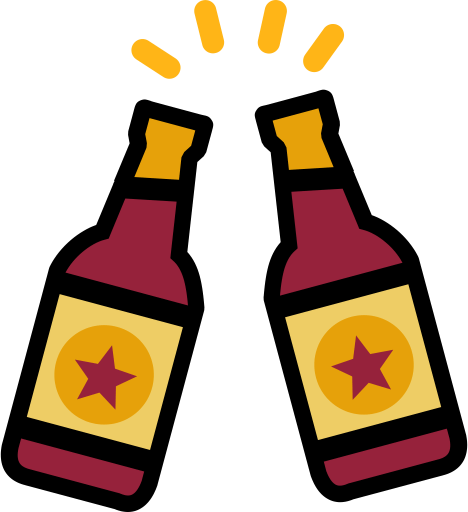Put on a creepy costume like a ghost or creepy cryptid (ghost probably more effective. People don’t think guns affect ghosts after all, but some might try to claim an alien or big foot trophy).
Haunt local campground late at night from a distance.
Start a social media campaign about campground bring haunted / fake creepy stories based on your own hauntings.
Now should be emptier for you to use.
Just watch out for teens with a talking dog possibly investigating the events.




















Same since I can’t see tags 😂